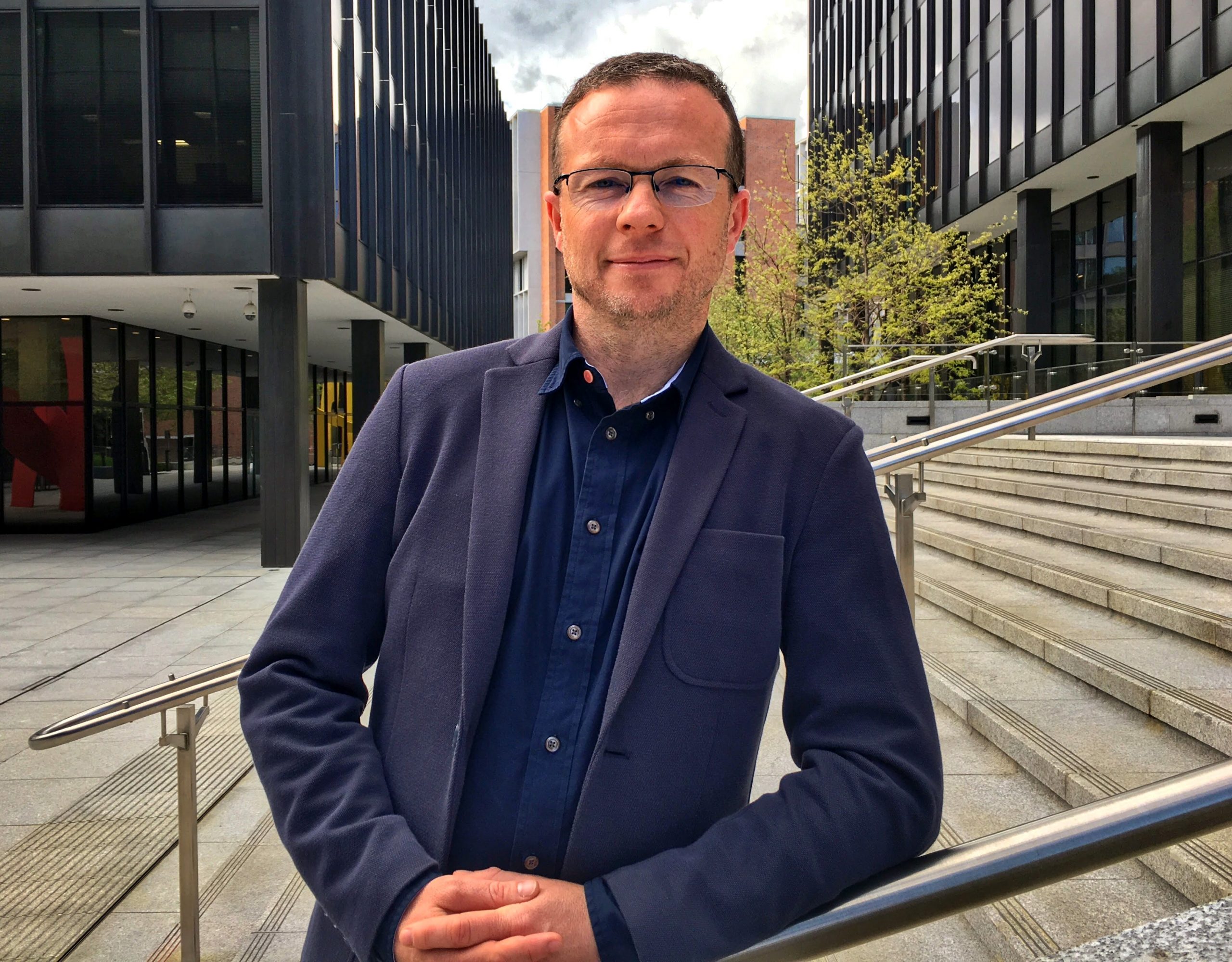For Stephen McNulty, there has been a world before and after the 2015 Paris global agreement on climate change. Early in his career, the former laboratory engineer developed a sense that the way his industry was monitoring environmental risks was not ideal. He gives the example of a river where water is manually sampled for pollutants once a month, with no information available on what happens in between. When he founded Ambisense in 2014, his idea was to bring this business into the era of the internet of things (IoT) and artificial intelligence. “What you need is a sensor that…
Cancel at any time. Are you already a member? Log in here.
Want to read the full story?
Unlock this article – and everything else on The Currency – with an annual membership and receive a free Samsonite Upscape suitcase, retailing at €235, delivered to your door.

